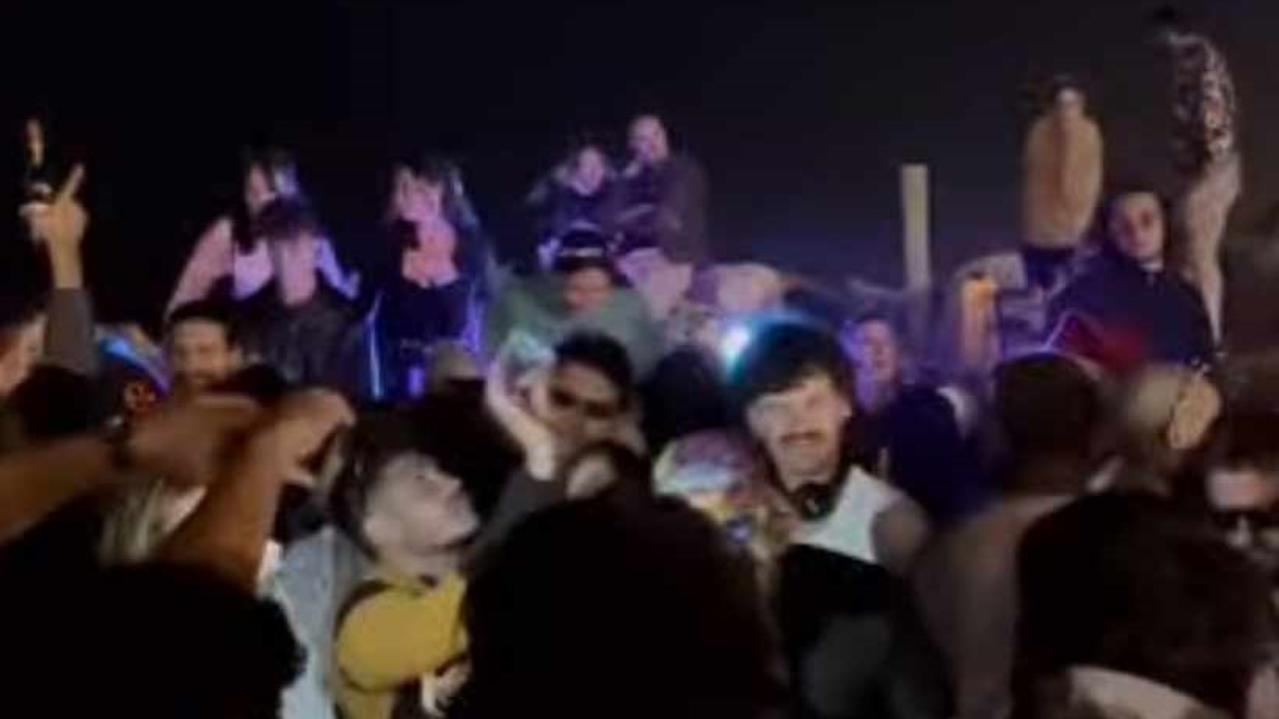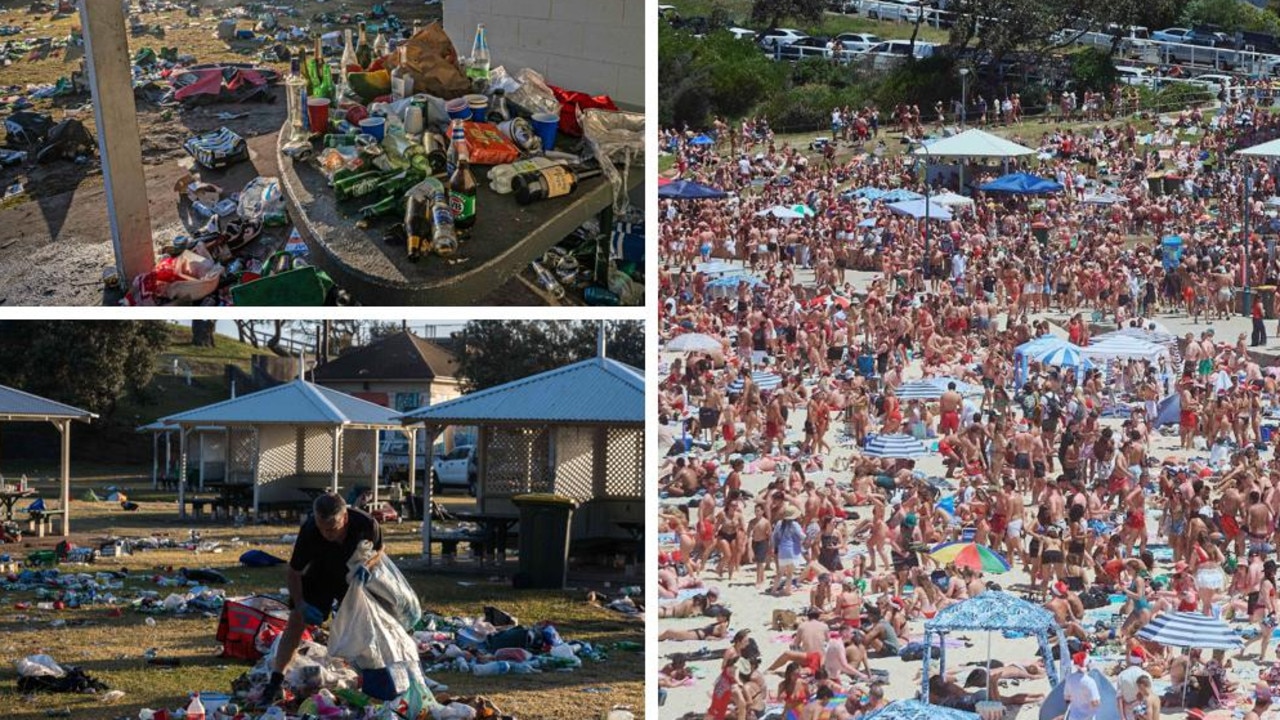What’s missing from Christmas this year
THERE’LL be less Christmas cheer as you go about your shopping this year, with the streets much quieter, and a distinct lack of entertainment.
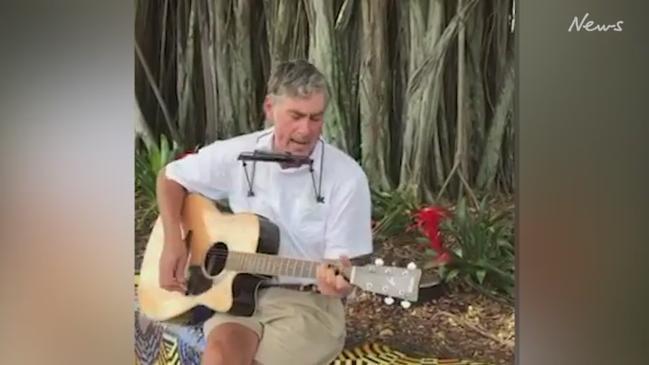
WHILE darting around in a mad rush with an armful of Christmas shopping bags, hearing a busker rocking out a carol can put a real spring in your step. It lessens stress and does wonders for helping you get into a festive mood.
Sadly, the chances of that happening are a lot lower this year because Australia’s most talented buskers have either stopped busking or moved overseas. And for those who have stuck around, this could be their last Christmas performing on the streets.
Why? Because buskers earn a fraction of what they did in the past.
“Melbourne is looking kind of grim this Christmas,” said Jordan Doust, a magician who has been busking in Melbourne for five years.
“There’s a lot fewer buskers compared with previous years. This time last year, I wasn’t able to get a spot but now they’re all free — I don’t even need to turn up early.”
Peter Dickson has been busking in Australia for 30 years and has sat on the City of Sydney’s busking committee for over a decade. He said that up until three years ago, busking was so lucrative that there would be queues of people waiting to perform in the busiest spots, and that Melbourne and Sydney had some of the world’s best busking talent.
When I met him a few weekends ago at Pitt Street Mall, he was one of only two buskers to perform that day.
“All the quality buskers have gone overseas and those who come here now are usually new to performing. The quality of their shows isn’t good, so people get into the habit of just walking past,” he complained.
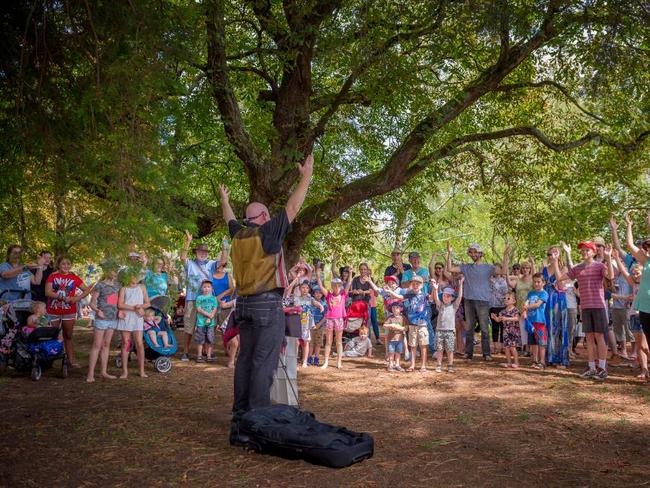
A TOUGH GIG
It’s not that Australians have become less generous or more jaded towards buskers. A recent survey by the City of Sydney found that 81 per cent of people believe that busking helps create a positive atmosphere.
The problem for buskers is that Aussies carry less cash than they used to. Australia was ranked sixth in a global study of cashless economies and some financial experts predict the country will become completely cash-free by 2020.
This comes as no surprise to buskers, whose incomes have been steadily dipping as the cash dries up. While buskers are also “feeling the pinch” in Europe, Dickson claims a number of factors have combined to create the perfect storm in Australia.
“My average donation is down,” said Doust.
“Yesterday a woman carrying a Louis Vuitton bag gave me twenty cents. I thought, ‘What the heck am I doing this for?’ I’d have to do 50 shows a day for it to be worthwhile.”
At any rate, doing more than a handful of shows a day is impossible, because most busking bylaws prevent performing in the same place for more than one or two hours, or performing two days in a row at the same place.
In the past that didn’t matter. Dickson said that until a few years ago, a talented busker could easily make $200 an hour at a busy pitch, which is what buskers call their workspace.
Melbourne magician Dwayne ‘Doc’ Andrew agrees.
“Busking incomes are down. I know many buskers who retired because it became too much of a grind and they weren’t making enough money,” he said.
Dickson is nostalgic for days gone by. He claims to hold the record for the highest earnings in a single day: on the Queen’s Birthday in 1996, he made a mouth-watering $8,700 performing at Circular Quay. He also got a three-album record deal with Sony in the nineties.
“We used to sell so many CDs that record companies took notice of us. Nowadays I sell about two CDs a year. How can I compete with iTunes, which has 40 million songs?”
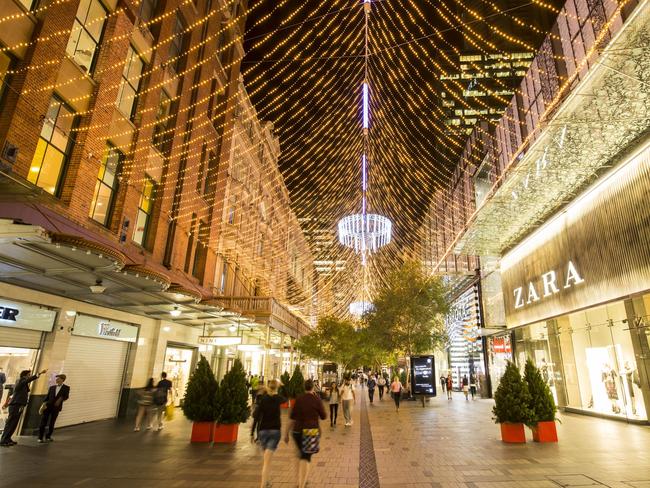
CHANGING TOURIST DEMOGRAPHICS NOT HELPING
Nowadays it’s tourists who are more likely to carry notes and coins, but with Chinese tourists now comprising the biggest share of tourists visiting Australia, it’s problematic because the Chinese tend not to donate to buskers for cultural reasons. China doesn’t have a tipping culture and it’s illegal to busk — or even to watch a busker.
“It’s common for Chinese tourists to watch me for a minute, take a photo and then run away. The problem is that if I have half of my crowd take off for no reason, everyone else leaves. It’s a herd mentality,” said Doust.
While there has been a rise in the number of busking permits issued by Melbourne and Sydney councils in the past decade, anecdotal evidence suggests that fewer buskers make use of their permits, which costs around $50 a year.
A City of Sydney spokesperson said that in 2015-16, almost 1500 busking permits were issued and there were an average of 500 performers in Sydney per week. The council also received more than 500 complaints received about buskers that same year. Noise levels and repetition are the most common complaints — a problem Sydney resident Vijay Vaishag can relate to.
“There is a busker outside Westpoint in Blacktown who plays the same song over and over, every morning. First time I enjoyed it, but a year later — I can’t stand it,” he told news.com.au.
THERE’S AN APP FOR THAT
Some buskers are trying to adapt by installing apps like BuSK, which allows donations to be made via smartphones.
“Unfortunately the app isn’t quite there yet,” said Doust.
“The person who wants to donate has to download the app, which can take time, as well as using their data. The whole point of giving is that it’s a spontaneous thing.”
Last month Doust forked out $500 to buy a portable EFTPOS machine, but it could be a long time before he earns back what he spent on it.
“I don’t make much from it to be honest, though the amount per transaction is higher than when I’m given cash donations,” he said.
“It’s not something people expect from a busker, so many assume I’m skimming cards. There’s kind of a fear and an assumption it’s not legitimate.”
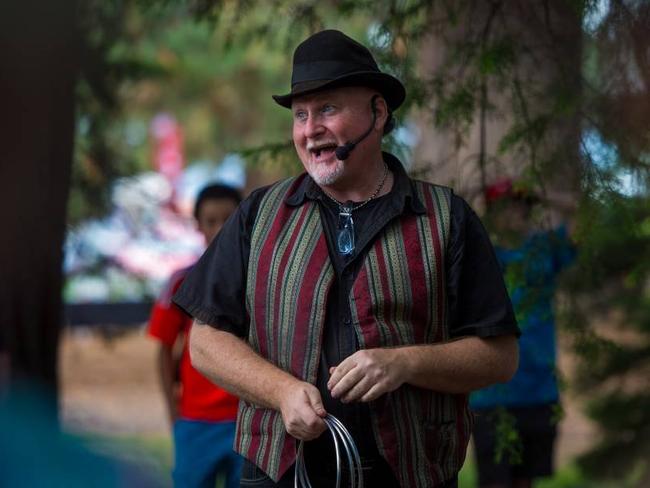
COPPING FLAK AND ABUSE
While Christmas crowds are generally merry, the public can be tough and unpredictable even at the best of times, said Sydney busker Jamie Mac.
“I recently had a guy walk past me, very visibly covering his ears,” she said.
“Another day a man watched me with no expression for 15 minutes and then handed me a $50 note. It varies a lot.”
Drunks are also a problem for performers, especially during the silly season.
“I get drunks who see a crowd and want to be the centre of attention. I have been doing this a long time so I’m comfortable giving them 30 seconds of attention,” said Andrew.
But sometimes things turn nasty.
Andrew recalled how a busker doing an ‘escape show’ was rugby-tackled by someone who had been egged on by his drunken mates.
“The busker was in his sixties and was locked inside a mail bag and chained up. That burly guy broke three of his ribs.”
Andrew said he was once attacked by a person who accused him of witchcraft.
“I’ve had a few people try to fight me, and one broke my table,” he added.
While Doust said he might need to focus on doing corporate gigs to supplement his income from street performances, he is optimistic that the council will step in to secure the future of busking in his city.
“If busking goes down the drain completely, I’m sure the City of Melbourne would put some procedures in place to make it workable again, because they understand that street performers create a positive atmosphere. But how long would it take them to act?”


